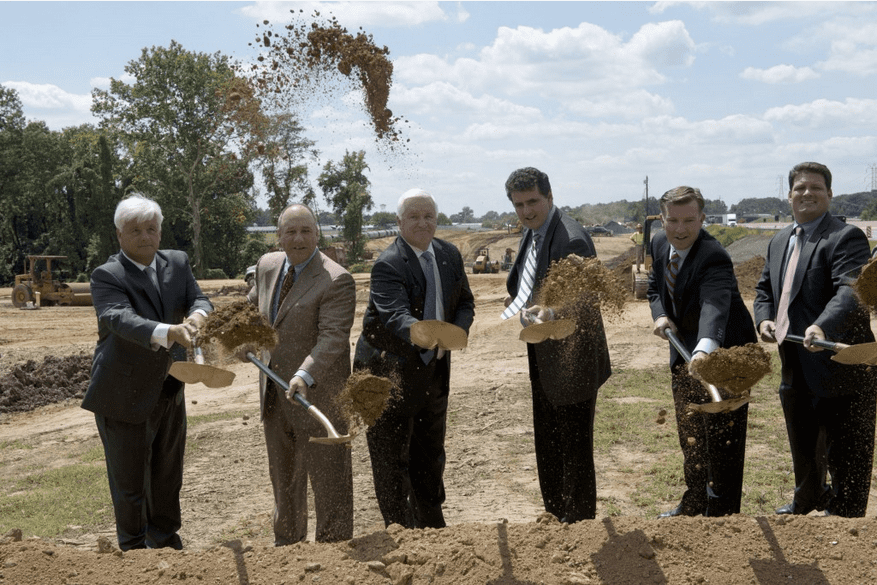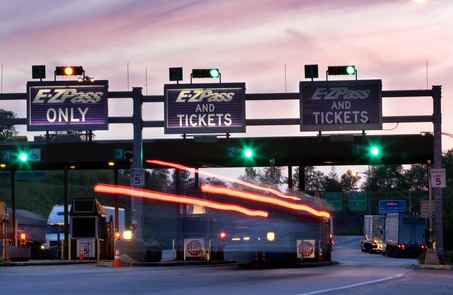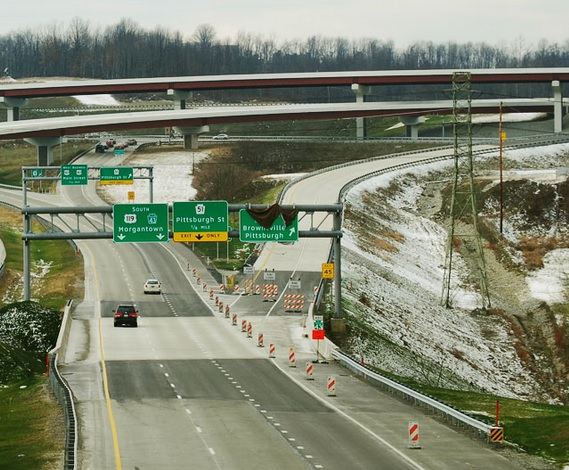The original provision was enacted as Section 15 of chapter 263, of the Acts of the 2nd session of the 45th Congress.
Sec. 15. From and after the passage of this act it shall not be lawful to employ any part of the Army of the United States, as a posse comitatus, or otherwise, for the purpose of executing the laws, except in such cases and under such circumstances as such employment of said force may be expressly authorized by the Constitution or by act of Congress ; and no money appropriated by this act shall be used to pay any of the expenses incurred in the employment of any troops in violation of this section and any person willfully violating the provisions of this section shall be deemed guilty of a misdemeanor and on conviction thereof shall be punished by fine not exceeding ten thousand dollars or imprisonment not exceeding two years or by both such fine and imprisonment
[6]
The text of the relevant legislation is as follows:
18 U.S.C. § 1385. Use of Army and Air Force as posse comitatus
Whoever, except in cases and under circumstances expressly authorized by the Constitution or Act of Congress, willfully uses any part of the Army or the Air Force as a posse comitatus or otherwise to execute the laws shall be fined under this title or imprisoned not more than two years, or both.
Also notable is the following provision within
Title 10 of the United States Code (which concerns generally the organization and regulation of the armed forces and Department of Defense):
10 U.S.C. § 375. Restriction on direct participation by military personnel
The Secretary of Defense shall prescribe such regulations as may be necessary to ensure that any activity (including the provision of any equipment or facility or the assignment or detail of any personnel) under this chapter does not include or permit direct participation by a member of the Army, Navy, Air Force, or Marine Corps in a search, seizure, arrest, or other similar activity unless participation in such activity by such member is otherwise authorized by law.
Recent legislative events[edit]
In 2006, Congress modified the
Insurrection Act as part of the
2007 Defense Authorization Bill (
repealed as of 2008). On September 26, 2006,
President George W. Bush urged Congress to consider revising federal laws so that U.S. armed forces could restore public order and enforce laws in the aftermath of a natural disaster, terrorist attack or incident, or other condition.
These changes were included in the
John Warner National Defense Authorization Act for Fiscal Year 2007 (
H.R. 5122), which was signed into law on October 17, 2006.
[7]
Section 1076 is titled "Use of the Armed Forces in major public emergencies." It provided that:
The President may employ the armed forces... to... restore public order and enforce the laws of the United States when, as a result of a natural disaster, epidemic, or other serious public health emergency, terrorist attack or incident, or other condition... the President determines that... domestic violence has occurred to such an extent that the constituted authorities of the State or possession are incapable of maintaining public order... or [to] suppress, in a State, any insurrection, domestic violence, unlawful combination, or conspiracy if such... a condition... so hinders the execution of the laws... that any part or class of its people is deprived of a right, privilege, immunity, or protection named in the Constitution and secured by law... or opposes or obstructs the execution of the laws of the United States or impedes the course of justice under those laws.
[8]
In 2008, these changes in the
Insurrection Act of 1807 were
repealed in their entirety, reverting to the previous wording of the
Insurrection Act.
[9] It was originally written to limit Presidential power as much as possible in the event of insurrection, rebellion, or lawlessness.
In 2011, U.S. President
Barack Obama signed
National Defense Authorization Act for Fiscal Year 2012 into law. Section 1021(b)(2) extended the definition of a "covered person",
i.e., someone possibly subject to detention under this law, to include:
A person who was a part of or substantially supported
al-Qaeda, the
Taliban, or associated forces that are engaged in hostilities against the United States or its coalition partners, including any person who has committed a belligerent act or has directly supported such hostilities in aid of such enemy forces.
[10]
Section 1021(e) purports to limit the scope of said authority with the text, "Nothing in this section shall be construed to affect existing law or authorities relating to the detention of United States citizens, lawful resident aliens of the United States, or any other persons who are captured or arrested in the United States."
[11]
Exclusions and limitations[edit]
There are a number of situations in which the Act does not apply. These include:
Exclusion applicable to U.S. Coast Guard[edit]
See the Law Enforcement Detachments and Missions of the United States Coast Guard for more information on U.S. Coast Guard law enforcement activities.
Although it is an
armed service,
[12] the U.S. Coast Guard, which operates under the
Department of Homeland Security, is not restricted by the Posse Comitatus Act. The Coast Guard enforces federal laws within its jurisdiction, even when operating as a service within the
U.S. Navy.
[5]
In December 1981, additional laws were enacted clarifying permissible military assistance to civilian law enforcement agencies and the Coast Guard, especially in combating
drug smuggling into the United States. Posse Comitatus clarifications emphasize supportive and technical assistance (
e.g., use of facilities, vessels, and aircraft, as well as intelligence support, technological aid, and surveillance) while generally prohibiting direct participation of Department of Defense personnel in law enforcement (
e.g., search, seizure, and arrests). For example, a U.S. Navy vessel may be used to track, follow, and stop a vessel suspected of drug smuggling, but Coast Guard
Law Enforcement Detachments (LEDETs) embarked aboard the Navy vessel would perform the actual boarding and, if needed, arrest the suspect vessel's crew.
[5]
Advisory and support roles[edit]
Federal military forces have a long history of domestic roles, including the occupation of sessionist Southern states during Reconstruction. The Posse Comitatus Act prohibits the use of federal military forces to "execute the laws"; however, there is disagreement over whether this language may apply to troops used in an advisory, support, disaster response, or other homeland defense role, as opposed to conventional law enforcement.
[1]
On March 10, 2009, active duty U.S. Army Military Police troops from
Fort Rucker were deployed to
Samson, Alabama, in response to
a murder spree. Samson officials confirmed that the soldiers assisted in traffic control and securing the crime scene. The
governor of Alabama did not request military assistance nor did President
Obama authorize their deployment. Subsequent investigation found that the Posse Comitatus Act was violated and several military members received "administrative actions".
[13][14]









